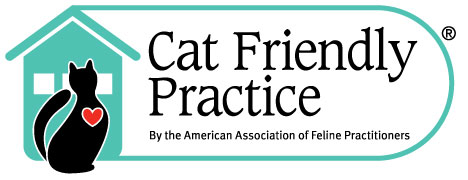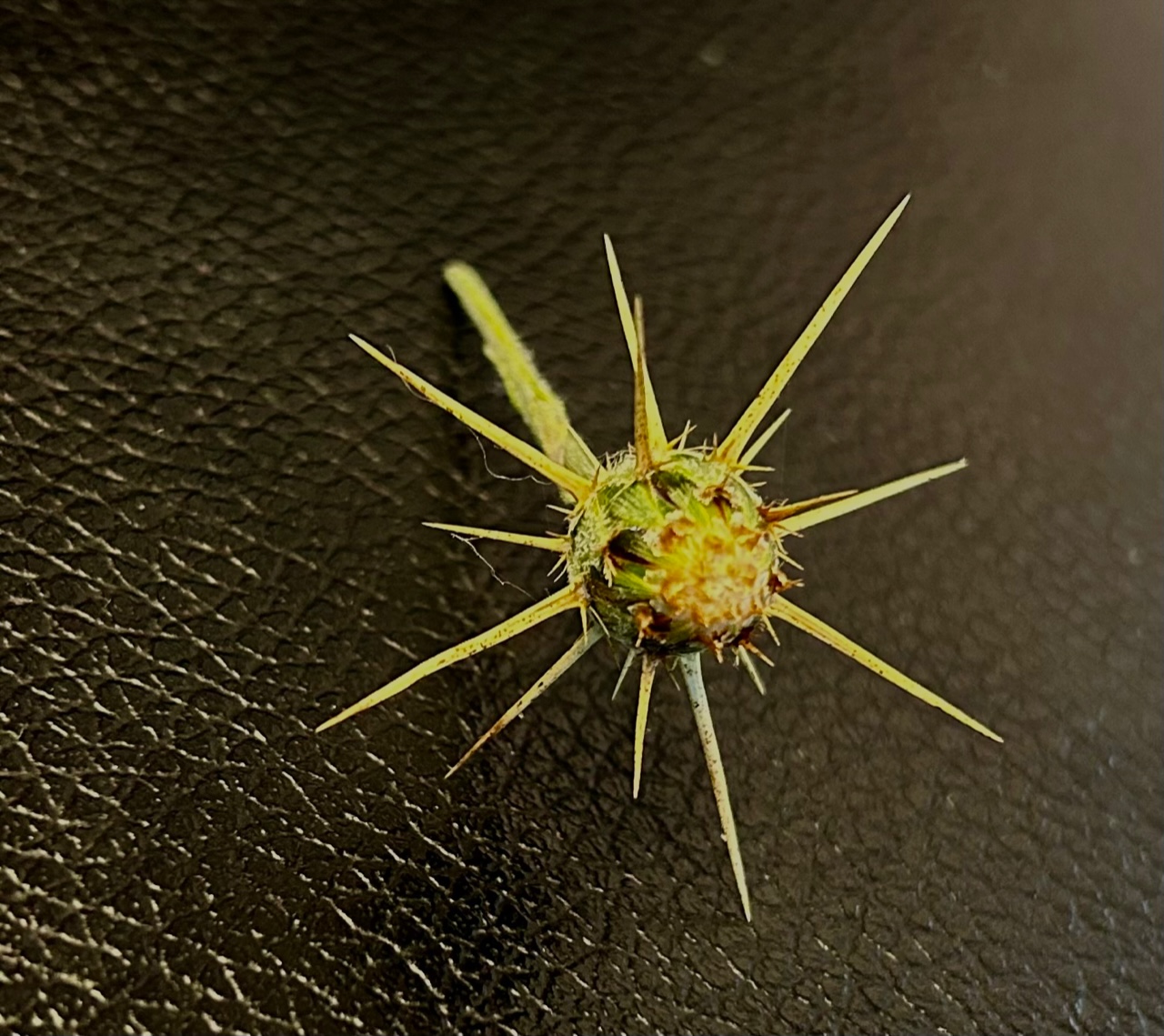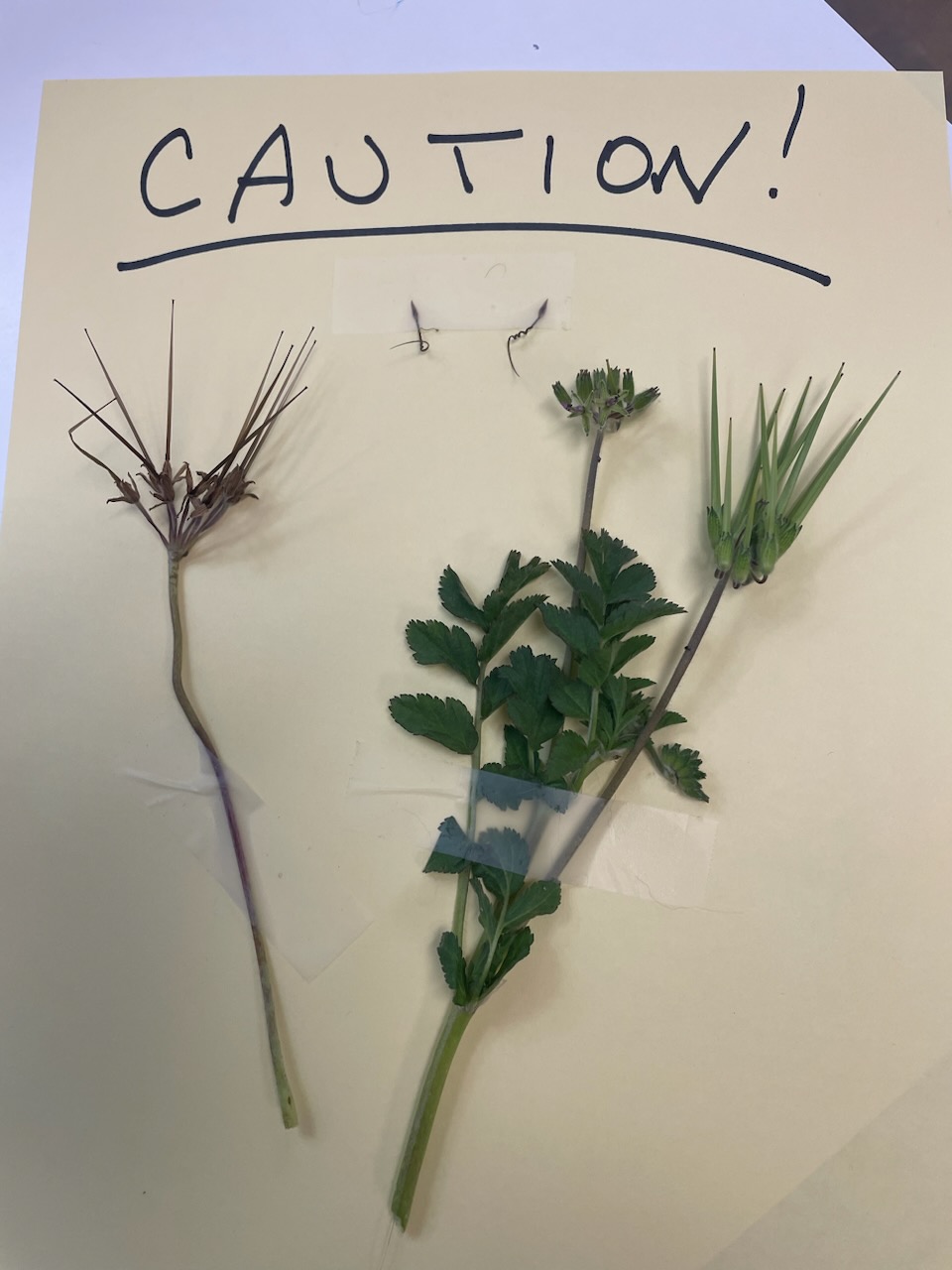With the recent pet food recall, kidney failure has become a hot topic. The kidneys are responsible for many processes in the body. They maintain hydration, determine how much urine a pet produces, balance phosphorous and calcium levels, filter out toxins and breakdown products from protein use, maintain red blood cell counts and help to balance blood pressure. When these organs fail, things can fall apart quickly. Kidney failure can be acute or chronic – fast in onset or developing slowly over time. Chronic kidney failure is extremely common in middle aged to older pets and causes weight loss, decreased appetite, increased thirst and urination. Acute kidney failure is often associated with toxins, drugs, infectious agents or poor circulation to the kidneys as we might see during shock or trauma. Pets are usually very sick with poor appetites and either increased or severely decreased urine production. Diagnosis is made with blood and urine testing along with possible ultrasound, x-ray or biopsy. Treatment will depend on the results of various tests, but virtually always involves fluid therapy. Mild cases can be treated at home with fluids under the skin, while more severe cases are best hospitalized on IV fluids.
The good news is that most cases of chronic kidney disease are quite treatable if caught early. Screening of healthy middle aged to older pets can help us find early cases of disease before pets have to feel bad and when nutritional intervention can greatly slow the disease. Come see us at Animal Care Clinic and we can develop a wellness-screening plan specifically for your pets.
By Bonnie Markoff, DVM, ABVP









Leave A Comment
You must be logged in to post a comment.